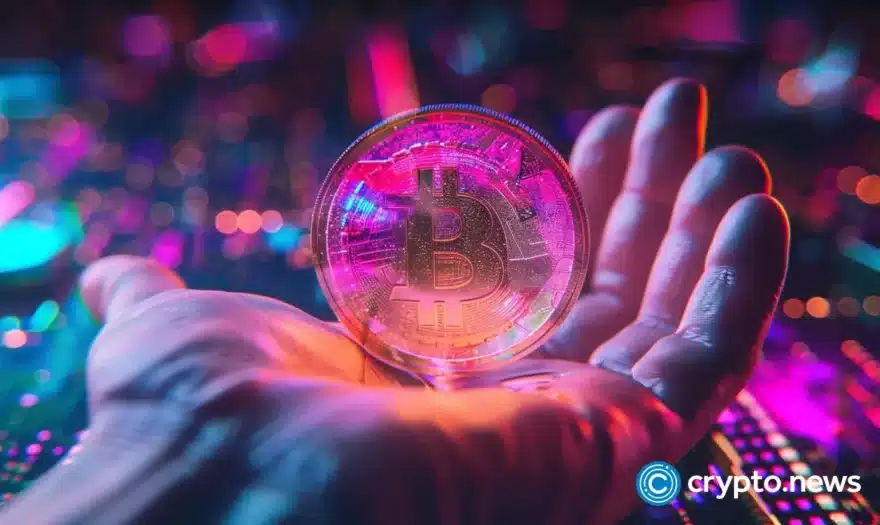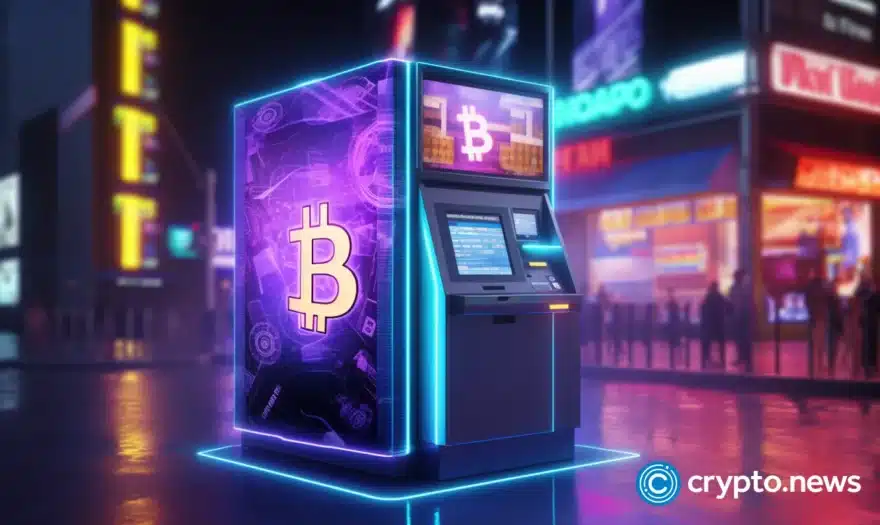Indonesia Tightens Fintech Regulations, Bitcoin Adoption On the Rise

Indonesia’s Financial Services Authority called Otoritas Jasa Keuangan (OJK) passed an important regulation, requiring fintech startups to maintain at least $185,000 in capital to obtain a business license from the government’s agency. The new regulation comes amidst a wave of bitcoin adoption in the country.
Basic Capital Requirement Enacted on Startups
The newly passed regulation is an essential part of the government’s larger initiative, which began its development in September of 2016 upon the establishment of a fintech office led by the country’s central bank.
Bank Indonesia, also known as Bank Sentral Republik Indonesia, is tightening regulations and policies on emerging startups in consideration of the rapid growth of its fintech industry and user base.
Muliaman D. Hadad, chair of OJK said in a statement that such regulations necessary to facilitate continued growth with minimal regulatory conflict. The basic capital requirement regulation passed by the OJK marks the beginning of Indonesia’s fintech regulatory ecosystem.
Hadad stated:
“What’s important is they get onto our radar because we don’t want to regulate the prudential aspects hastily. We want to provide [business] transparency guidelines first.”
Globally, fintech industries have demonstrated rapid development concerning the consumer base and increasing market share over the traditional financial sector. However, some regions such as Russia have struggled to lead large-scale fintech industries due to unclear and opaque regulatory frameworks set for startups.
The Indonesian government hopes to follow the roadmap established by fintech leaders of Asia including South Korea, China, and Japan by setting transparent regulations and laws for local startups to follow. When certain frameworks are adopted and implemented, the government believes startups will be able to operate freely, without having to deal with excessive government interference.
At the current phase of the Indonesian fintech market, it is important for the government to allow startups to grow and receive both local and international investment from leading investors and venture capital firms.
In early stages, it is often difficult for startups to secure and maintain substantial capital for the sake of regulations. Thus, a basic capital requirement of $185,000 could become an issue for small startups that are attempting to enter the market with small-scale investment and market share.
There exist various startups including Bitcoin Indonesia within the country that provide alternative methods for local users to transact and settle monetary transfer with other users on a peer to peer basis. However, because of the size of the Indonesian fintech market and its small share of the financial market, it will be intriguing to see how new regulations affect the development of these startups.
If regulations demonstrate a sense of practicality, it will increase the quality of the market and users. More regulated startups will provide higher quality services to local users, and the market will experience a rapid growth in the long run. In contrast, if the newly passed regulations become difficult for startups to deal with, it may drastically slow down the growth of the fintech industry in the short term.
Bitcoin’s Potential for Indonesia
Startups like Bitcoin Indonesia have displayed tremendous growth over the past two years, almost tripling its user base and trading volumes. While it seems like a period to begin regulating the industry, questions arise in regards to the intensity of the regulations the government is imposing.
Bitcoin Indonesia business development manager Suasti Astaman said:
“Bitcoin’s value completely depends on supply and demand in the market. At present, as more and more countries have relaxed their stances on digital currency, including the United States, China, and Russia, more and more people are putting their trust in it. That’s why Bitcoin’s value has been rapidly surging.”
It is also important to consider other factors that may have contributed to the rising demand for bitcoin. For instance, Indonesia has a highly dense Muslim population, with a movement backing the Dinar and Dirham emerging in the wake of the 2008 Global Financial Crisis. The gold-like qualities of bitcoin in that it acts as a safe haven asset may have also been an important factor.
In fact, recent reports from publications like Business Insider suggested that Islamic investors have moved away from gold products due to varying interpretations of what is acceptable under Sharia law; acceptable as a store of value and as currency, but not for trading at future value or speculation.
“Islamic investors have shied away from gold-related financial products. This is because religious laws have been offering conflicting advice about gold investments. As a result, Islamic financial institutions – which hold over $2 trillion in assets – do not have a lot of money invested in precious metals,” read a report from Business Insider. “…100 million Islamic gold investors are waiting in the wings to start buying [gold].”
Thus, as Islamic investors in countries like Indonesia are freely able to invest in gold, it is likely that they will run into and appreciate bitcoin too, which presents similar advantages.












